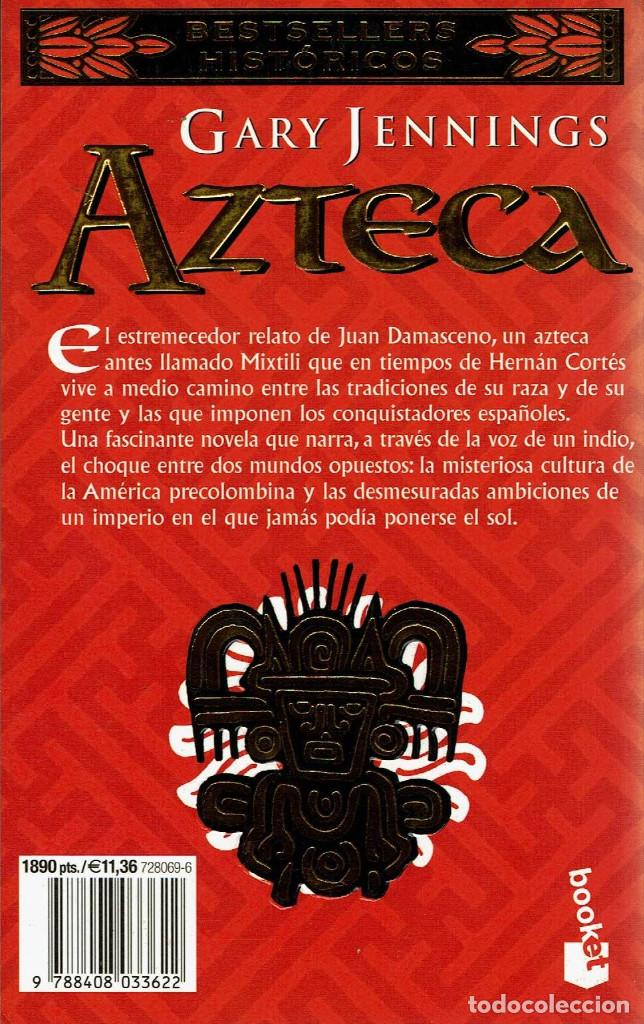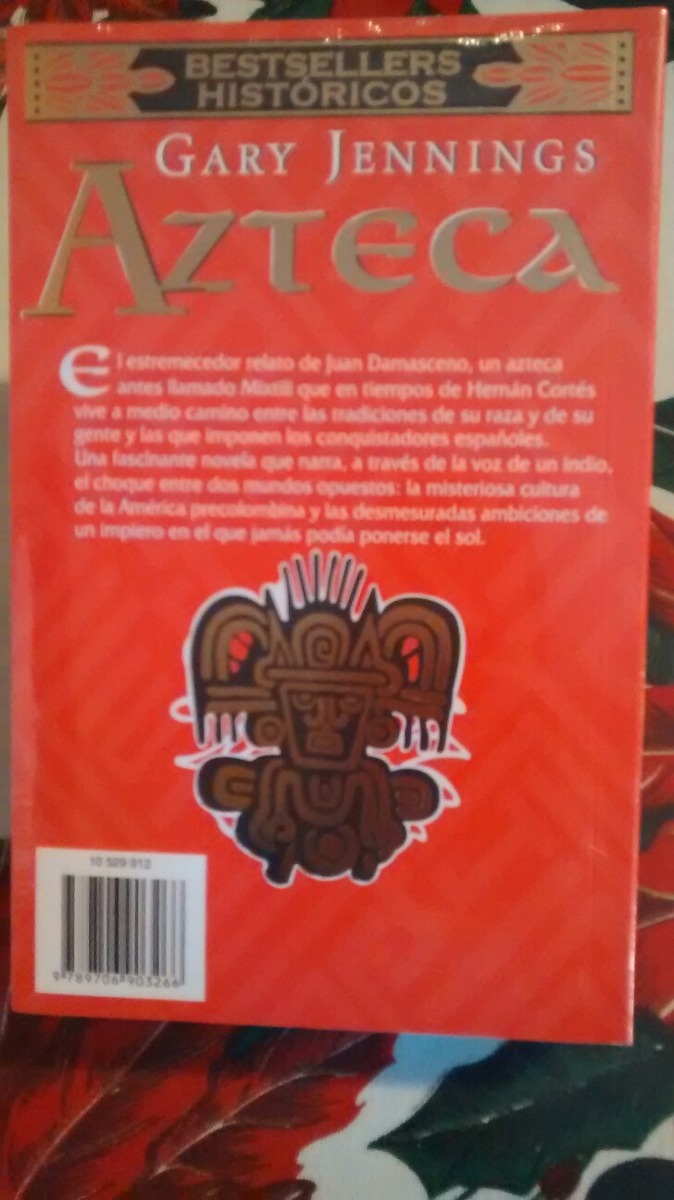

As if that was not enough perversion and carnage, spectators also enjoyed viewing the losers being raped by the animals.

The Roman Coliseum witnessed gladiators bathed in blood as they battled, not only other humans, but also wild animals in an orgy of violence that delighted the audience. To those who were the most fertile, he recommended they jump up and down as high as they could seven times. He told women that after a sexual encounter they could squat and sneeze to avoid becoming pregnant. Another extravagant method was the “contraceptive sneeze” recommended by the Roman physician Sorano of Ephesus, the father of gynecology. The manure provides an environment of high alkalinity that kills the sperms.

One of the strangest contraceptives was a cream made with crocodile manure and honey that women would put into the vagina before sexual intercourse. Many of them died while giving birth, so it’s not surprising that they sought ways to avoid being pregnant. In ancient times, before there was anesthesia, childbirth was brutal for women. Here are the sexual practices that seem strange in today’s world but were more normal in the past. Some of them will horrify you maybe others will make you laugh, and perhaps you’ll recognize some because it’s likely you are already an expert on the subject. History has some very clear examples of how much people have changed their erotic practices over the centuries.

As humanity has evolved and made medical and psychological advances, some sexual practices have been considered aberrant. Times have changed, and what once seemed normal, today is seen as absurd or twisted. In those times it was a more common practice than we would think, and it would be practiced in societies in other parts of the world, like Egypt. They did not see it as something bad -they were siblings and loved each other. A particularly chilling moment in the text involves incest between the protagonist and his sister when they were hardly children. Azteca by Gary Jennings is the story of an Aztec in the time before the Spanish conquest.


 0 kommentar(er)
0 kommentar(er)
